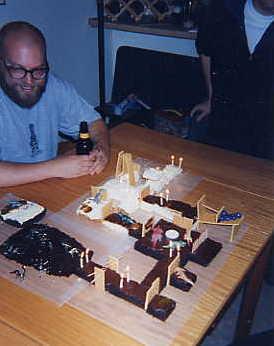 |
|
 |
|||||||||||||||||||
Reform: |
|||||||||||||||||||
This reform runs counter to my proposed base-four number reform, but it has a better chance of becoming real. 1000 is pronounced "a thousand." 100 is pronounced "a hundred." 10 should be pronounced "a ten." Our numbers should run like this: one, two, three, . . . seven, eight, nine, a ten, a ten one, a ten two, a ten three, . . . a ten eight, a ten nine, two ten, two ten one, two ten two, . . . two ten nine, three ten, . . . four ten, . . . five ten, . . . nine ten eight, nine ten nine, a hundred, a hundred one, a hundred two, etc. . . You could summarize the improved base-ten number system like this (where "n" is an integer between 1 and 9): |
|||||||||||||||||||
|
|||||||||||||||||||
In other words, "ten" should be treated just like "hundred" and "thousand." If we switched to this system, we'd lose the idea of the "teenager," but it's a misleading category anyway. After all, in Spanish, where numbers get unique, nonformulaic names up to 15 (instead of up to 12, as in English), you don't have "teenagers." —JoT |
|||||||||||||||||||